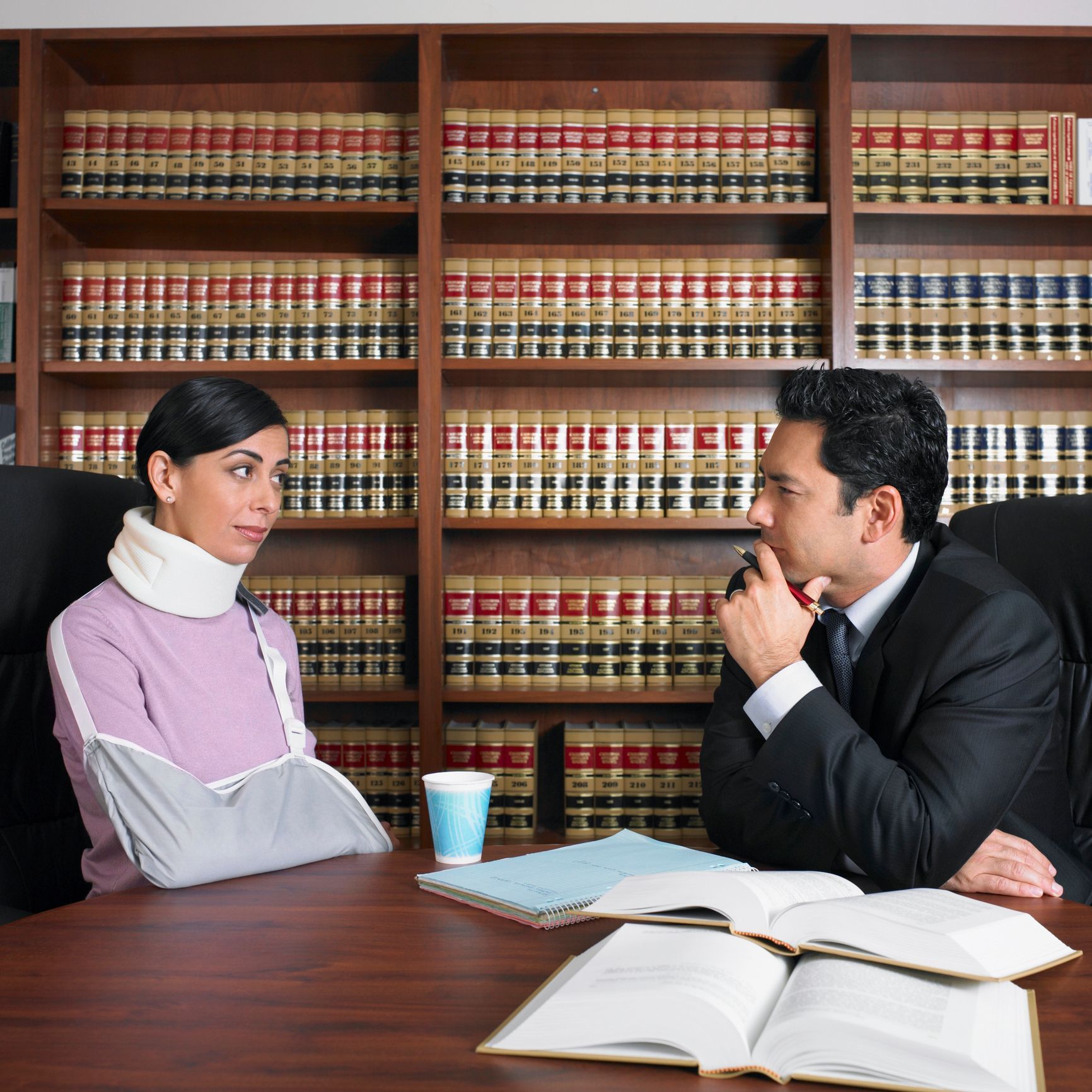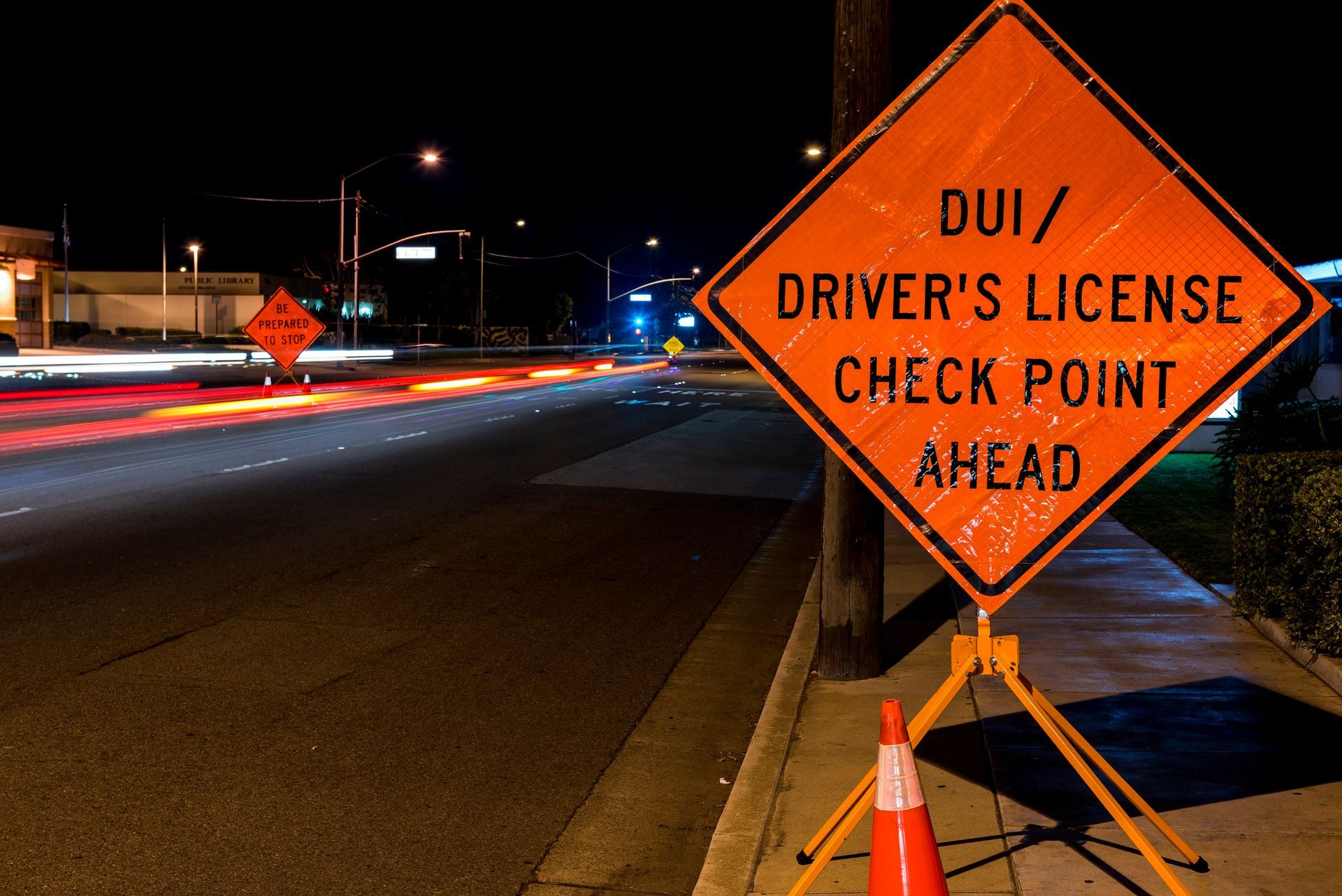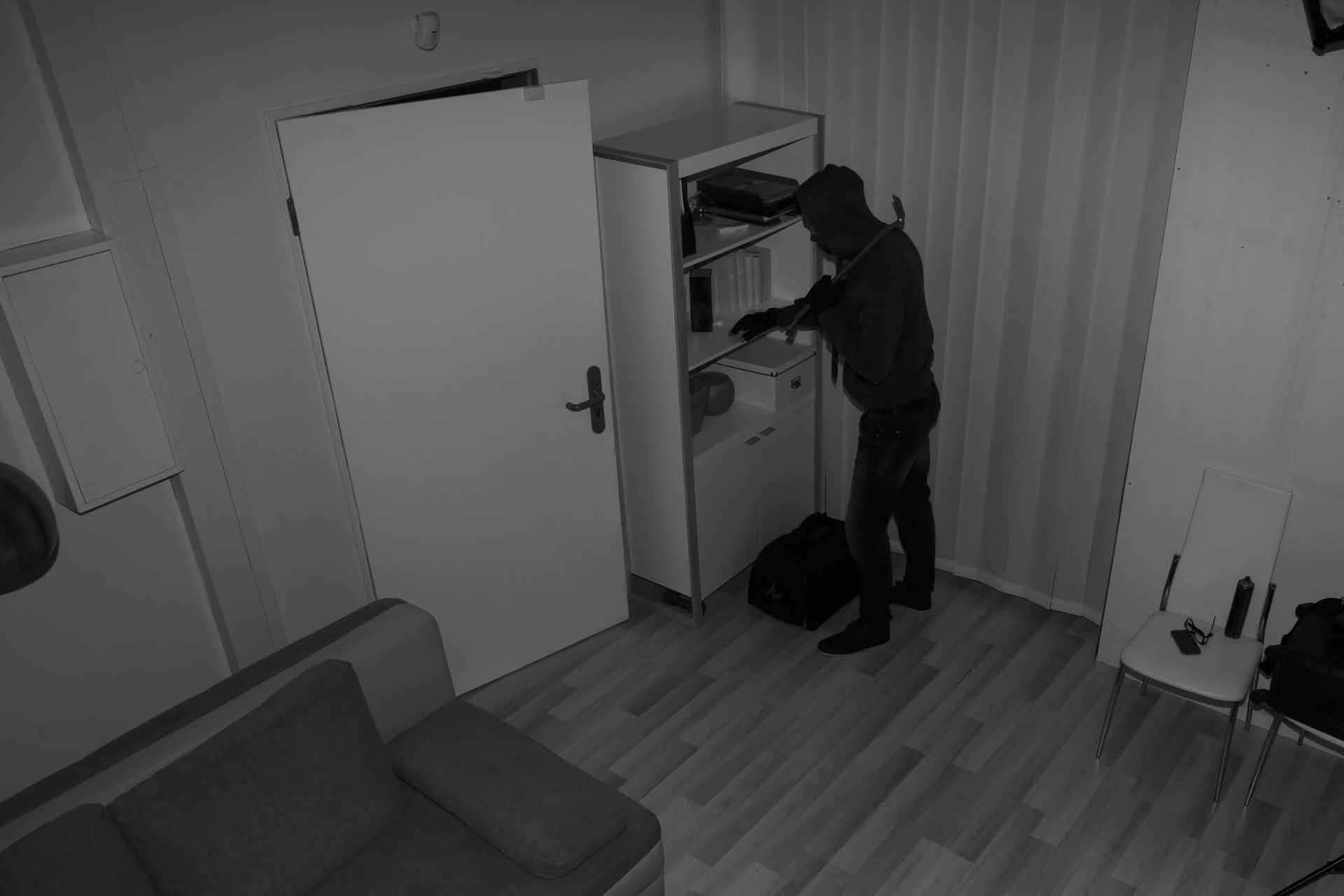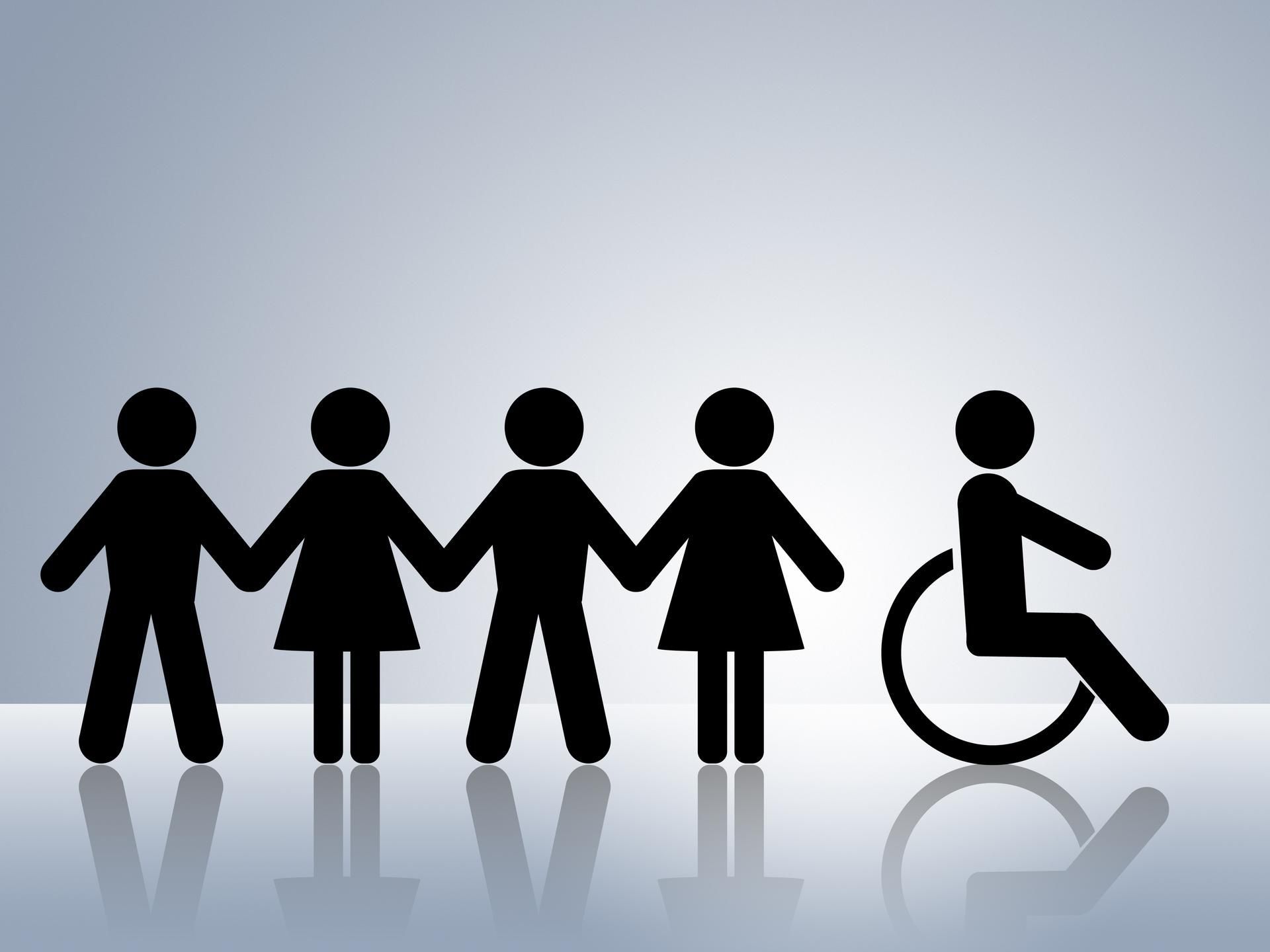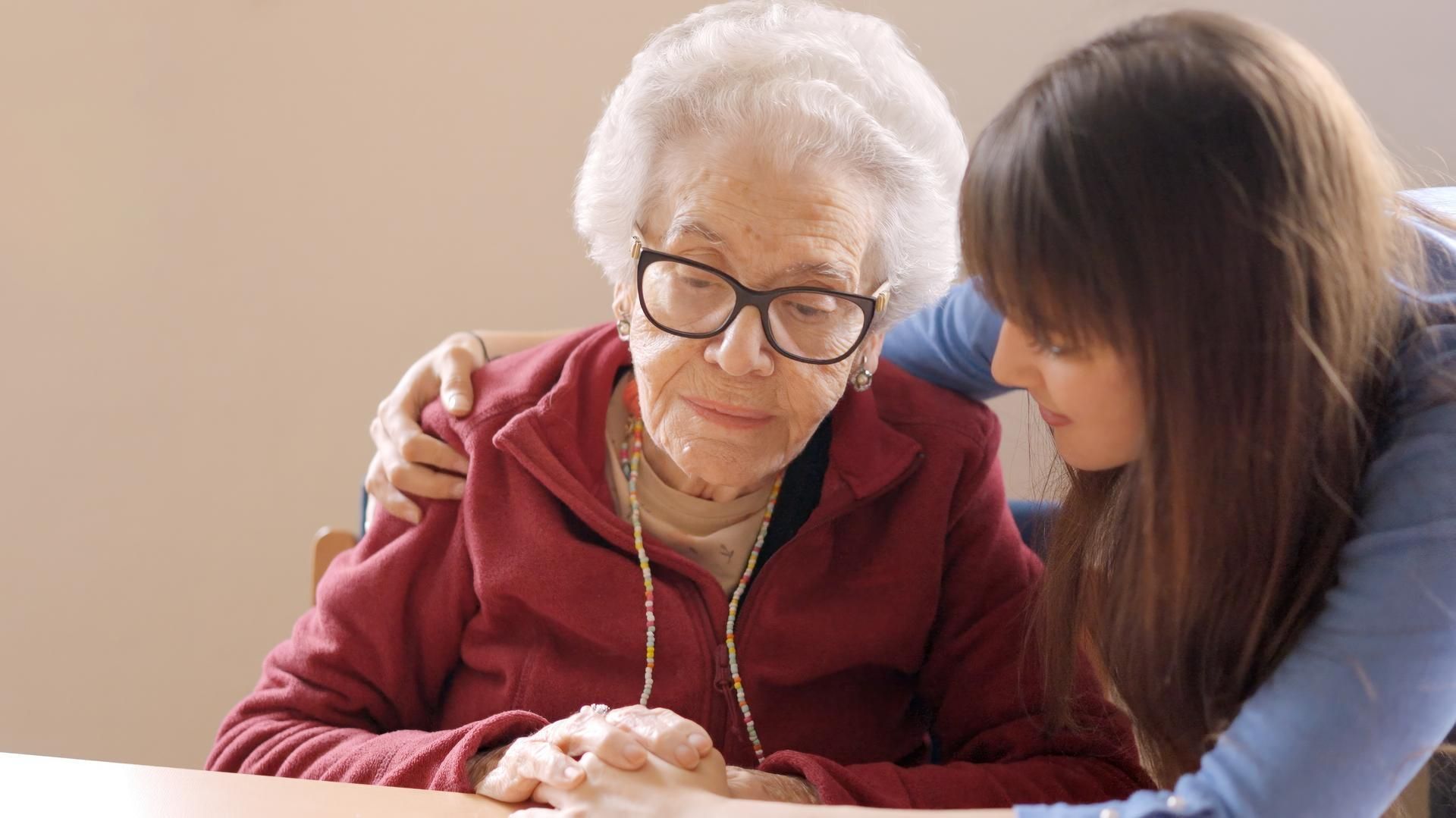Potential Causes of Slip and Fall Injuries in Nursing Homes
Nursing home residents may face several injury risks, including slip and fall injuries. Understanding these risks can help nursing homes prevent accidents and potential lawsuits, as well as help accident victims and their families prove negligence and win injury compensation. Below are some of the most common causes of slip and fall injuries in nursing homes.
Slippery Floors
A nursing home might have slippery surfaces due to the nature of its flooring materials. Examples of slippery flooring materials include glossy tiles and ceramic. Most nursing homes know enough to avoid such materials. However, even non-slippery surfaces become slippery when wet. Oil or water spills can easily trigger slippery conditions, and nursing home staff must be prompt with cleanup and placing warning signs.
Inappropriate Infrastructure Height
Nursing home infrastructure and furniture should be at appropriate heights where even those with mobility issues can use them. For example, beds, chairs, stairs, cabinets, sinks, and handrails should be at appropriate heights. A person with back or knee pain reaching for something above their head or on the floor can easily lose their balance and fall.
Uneven Surfaces
Uneven surfaces usually arise due to poor maintenance or neglect. For example, a poorly maintained common room, such as a TV room, can develop cracks or holes with time. Crumbling sidewalks and tree root intrusion on pavements are other causes of uneven surfaces.
Poor Lighting
Anyone can slip and fall in a poorly lit environment. However, age-related vision impairment elevates the risk of falling in such environments. A nursing home can experience poor lighting due to negligent maintenance. An example is if the relevant staff takes too long to replace blown bulbs.
Poor design or planning can also lead to poor lighting. For example, in a big room, multiple lighting fixtures often provide better illumination than one large lighting fixture. If a nursing home doesn't engage an experienced electrician in its design, it might end up with one large bulb that leaves shadows on some parts of the room, creating a potential hazard for residents.
Trip Hazards
Nursing home residents can also slip or trip on items others might leave lying on the floor. Even relatively small items can trip nursing home residents who don't expect the items on the floor. Examples of trip hazards include books, small appliances, toiletries, extension cords, and other debris are common culprits.
Inadequate or Defective Mobility Devices
Age-related physical frailties mean that some nursing home residents need mobility devices to keep them safe. Examples of such devices include:
- Wheelchairs
- Bathroom grab bars
- Canes
- Walkers
- Stairlifts
A nursing home that doesn't provide adequate mobility devices risks fall accidents for its residents. For example, bathrooms that do not have grab bars create an increased risk of accidents.
Negligent Transfers
Some nursing home residents need help getting on and off beds, wheelchairs, or seats. Nursing home attendants assisting such residents should know how to hold the residents, move their limbs, and advise them on how to move. A negligent transfer, for example, where the assistant prematurely releases the resident, can lead to a fall.
Age-related Health Issues
Lastly, many nursing home residents suffer from age-related health issues that interfere with mobility and stability. For example, some residents:
- Suffer from weak muscles and joints
- Have weak bones
- Suffer from chronic joint or back pain
- Have impaired vision
- Take drugs that make them drowsy and unstable
These residents need help so their health issues don't lead to accidents. For example, a resident who goes for a walk after taking a drug that makes people drowsy has a high fall risk.
Bowers Fawcett & Hurst, LLC has over a century of personal injury experience. Contact us for a consultation if your loved one has suffered an injury in a nursing home. We will evaluate the case and help get the compensation your loved one deserves.



